Professor Robert Coe, a Well-known Expert in Evidence-based Education, Visited ICI to Share Evidence-based Evaluation Methods
2019-11-01
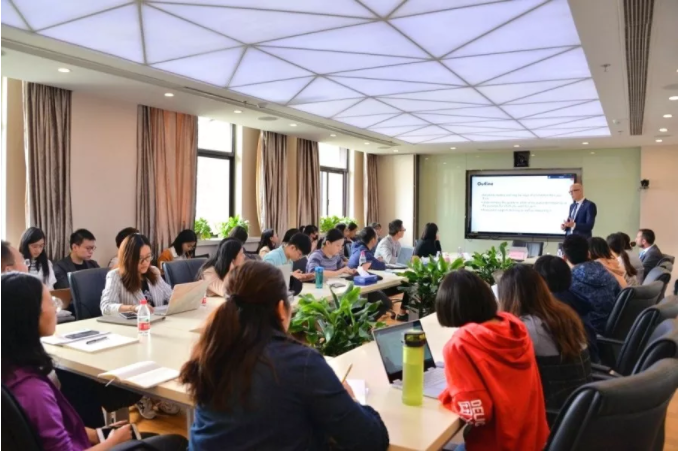

On the afternoon of October 22nd, Professor Robert Coe, an expert in evidence-based education from the Office of Examinations and Qualifications in England, visited ICI and made a report entitled “Current Thoughts on Assessment”, which focused on the question of “how to use evidence-based evaluation to improve teaching effectiveness”
The report was presided over by Associate Professor Huang Xiaorui of ICI. Dr. Ahmed, Executive Director of Huili Education Research Institute, Mr. Yu Suisui, the Teaching Director, and Dr. Zhao Shiguo of Pudong Education Development Research Institute attended the forum. The report also attracted teachers and students from ICI and other units, as well as professionals from educational evaluation companies.

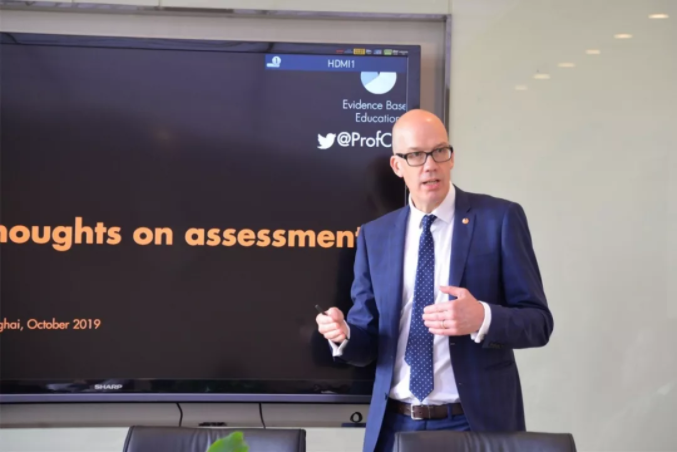
▲Professor Robert Coe

Professor Coe is a former professor in the School of Education of Durham University and Director of the Center for Teaching Evaluation and Quality Monitoring of Durham University. His article Declaration on Evidence-based Education issued in 1999 combines evidence with teaching practice, which has caused great repercussions all over the world; the report What Makes Great Teaching: Review of the Underpinning Research published in 2014 also aroused heated discussion.

Brief introduction of the report

At the beginning of the report, Professor Coe raised a few questions about class evaluation. Like “In the given situation, when students are graded according to the in-class test results, what percentage of students will be misclassified?” “what percentage of students can be truly improved by a class rated as excellent (outstanding) by external observers?”
The answers to these questions are unexpected, which leads to deeper thinking.

On this basis, Professor Coe pointed out that the purpose of in-school assessment is to stimulate students’ learning, provide exercises, diagnose specific learning needs, classify according to students’ needs, monitor students’ learning process, predict students’ future performance, evaluate the effectiveness of teaching, and introduce the evaluation of schools in England.

Then, combined with the case, he explained in detail “why it is so difficult to carry out evaluation”:
1. First of all, evaluation tasks should obtain actionable information, but it is difficult for teachers to find students’ misconceptions.
2. Secondly, there are many factors that affect students’ answers, and the test performance can tell us less information than imagined.
3. Third, the response to evaluation information requires strategies and skills.
4. Fourth, learning is progressive, and the problems of any node in the conceptual network may lead to the current evaluation results.

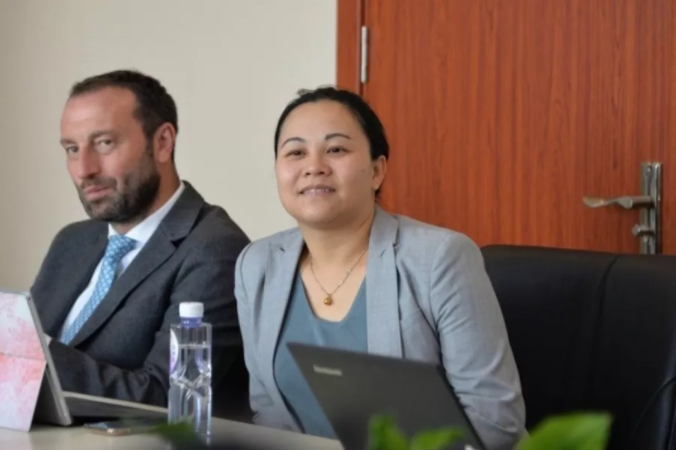
▲ Mrs. Yu Suisui

Professor Coe and Mrs. Yu used reading and the univariate quadratic equation as examples to explain the continuity of teaching and the problems caused by the deviation between “students should master” and “students should actually master”.
Professor Coe stressed that feedback cannot replace teaching, and good results are not equal to good teaching, so he pays special attention to “how students learn subject knowledge” and students’ common misconceptions, which can help teachers deal with the evaluation results correctly. He further describes six factors that need to be paid attention to in “good teaching”:
(1) pedagogical knowledge and pedagogical content knowledge;
(2) teaching quality;
(3) classroom atmosphere;
(4) classroom management;
(5) teachers’ belief;
(6) professional behavior.

At the end of the report, Professor Coe explained the importance of reliability in the evaluation from three aspects: repeatability, accuracy and weight, and analyzed the questions and answers raised at the beginning of the report one by one, which deepened our understanding of evidence-based evaluation.

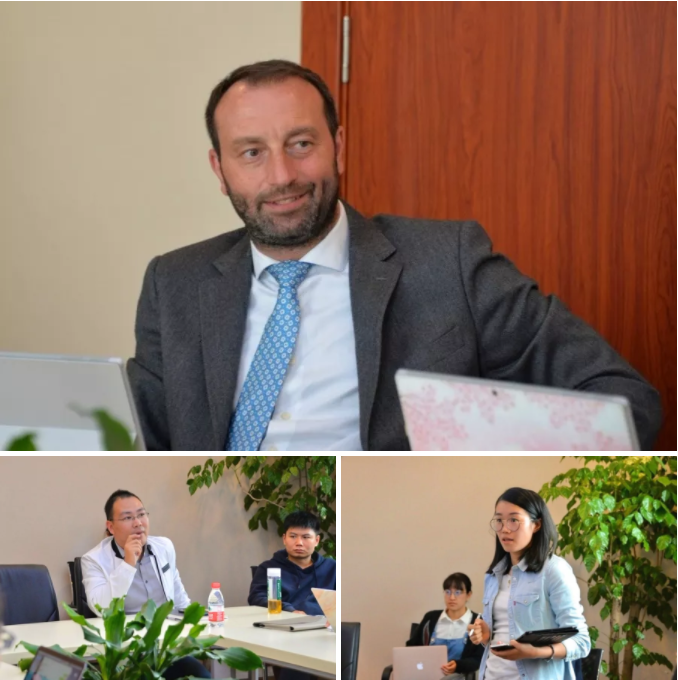
▲ On-site interaction and discussion

During the report, Professor Coe and Mrs. Yu Suisui had a heated interaction and discussion with the students. With regard to students’ self-evaluation and peer evaluation, he pointed out that students usually do not know what they do not know and lack the knowledge and ability to carry out evaluation. Teachers should teach them how to implement evaluation and inform them the criteria of success. In response to the problem that some senior teachers are indifferent to the suggestion of improving teaching based on evidence, he believes that it is very difficult to form new habits, allowing teachers to start with “simple changes”, such as getting feedback from more students, or by asking students “why”. Through simulation classes, teachers would know that “simple changes” can bring about improvements in students’ learning.

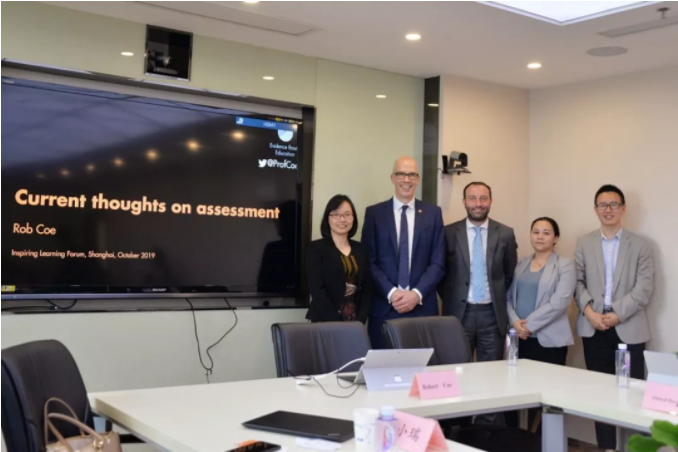
▲ Associate Professor Huang Xiaorui and the visiting experts